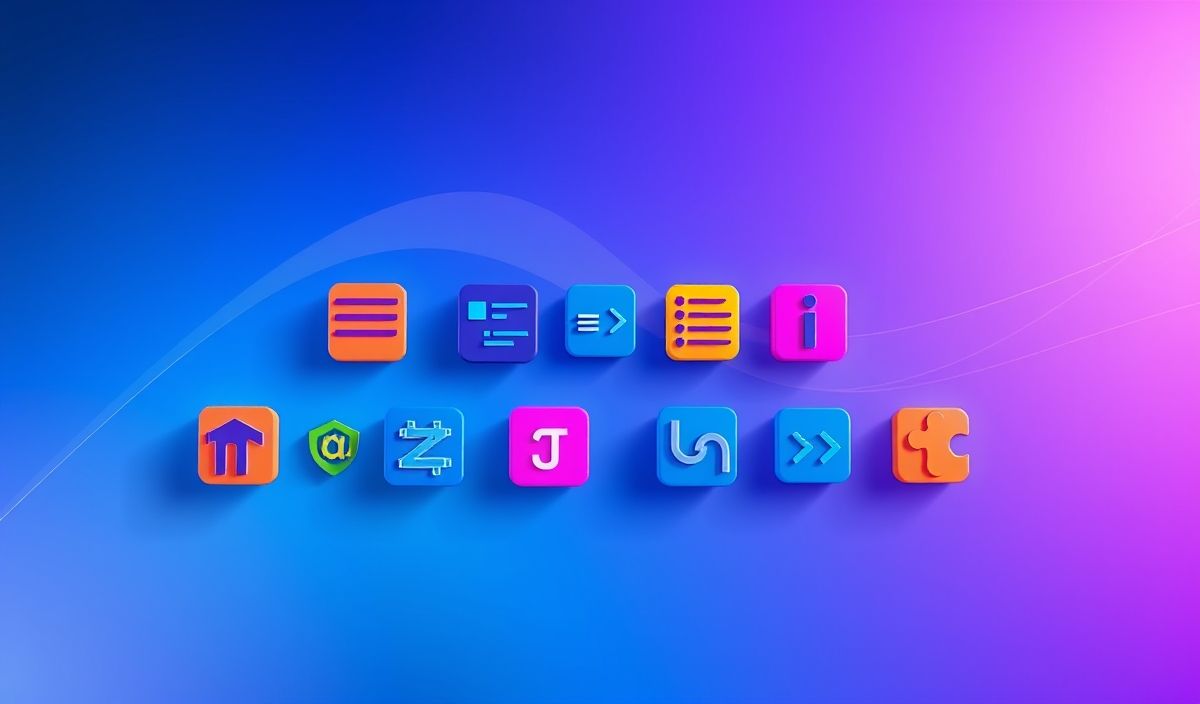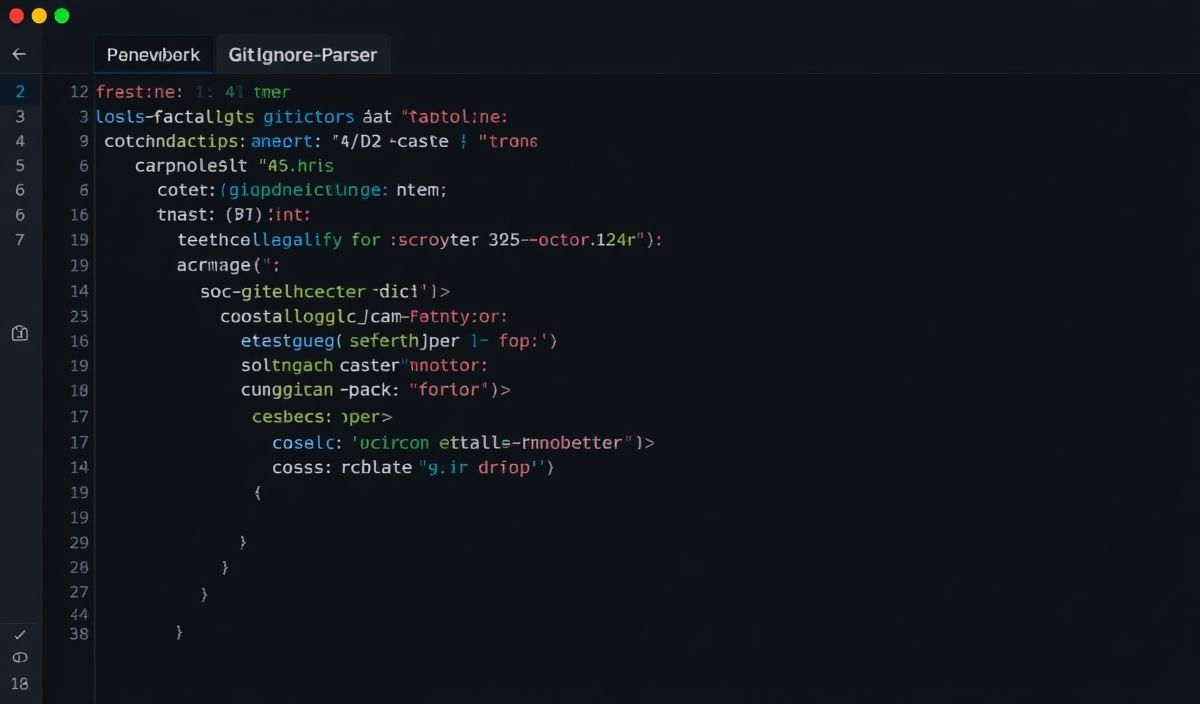Introduction to MQTT Logger
The mqtt-logger is an essential tool designed to facilitate efficient logging of MQTT data. This logger is indispensable for developers working with IoT devices, enabling seamless data management and retrieval. This article will explore the myriad of APIs offered by mqtt-logger, complete with extensive code examples and a practical application to illustrate its usage.
Setting Up MQTT Logger
To get started with mqtt-logger, you need to install the necessary package. You can do this using npm:
npm install mqtt-logger
Connecting to MQTT Broker
Establishing a connection to an MQTT broker is the first step in using mqtt-logger. Here’s how you can do it:
const mqttLogger = require('mqtt-logger');
const client = mqttLogger.connect('mqtt://broker.hivemq.com');
Logging Messages
Once connected, you can log messages as follows:
client.on('connect', () => {
client.subscribe('topic/test', () => {
console.log('Subscribed to topic/test');
});
client.publish('topic/test', 'Hello MQTT', () => {
console.log('Message published');
});
});
client.on('message', (topic, message) => {
mqttLogger.log(topic, message.toString());
console.log(`Received message ${message.toString()} from topic ${topic}`);
});
Retrieving Logs
You can retrieve logged messages with the following API:
const logs = mqttLogger.retrieveLogs(); console.log(logs);
Applying Filters to Logs
Use filters to retrieve specific logs:
const filteredLogs = mqttLogger.retrieveLogs({ topic: 'topic/test' });
console.log(filteredLogs);
Deleting Logs
Cleaning up logs is just as easy:
mqttLogger.deleteLogs({ topic: 'topic/test' });
console.log('Logs deleted');
Practical Application Example
Here’s a practical example where we use the introduced APIs to create a simple logging application.
const mqttLogger = require('mqtt-logger');
const client = mqttLogger.connect('mqtt://broker.hivemq.com');
client.on('connect', () => {
client.subscribe('topic/test', () => {
console.log('Subscribed to topic/test');
});
client.publish('topic/test', 'Initialization Message', () => {
console.log('Initialization message published');
});
});
client.on('message', (topic, message) => {
mqttLogger.log(topic, message.toString());
console.log(`Logged message ${message.toString()} from topic ${topic}`);
const logs = mqttLogger.retrieveLogs();
console.log('Current Logs:', logs);
const filteredLogs = mqttLogger.retrieveLogs({ topic: 'topic/test' });
console.log('Filtered Logs:', filteredLogs);
mqttLogger.deleteLogs({ topic: 'topic/test' });
console.log('Logs deleted for topic/test');
});
Conclusion
The mqtt-logger tool provides a robust solution for managing and logging MQTT data streams. By leveraging its comprehensive API, developers can efficiently handle and analyze IoT data, ensuring optimized performance of their applications.
Hash: 24b4e00099e0ff75c397fd17fdae221584c1c8f4176914478fc232e2c159cdff




